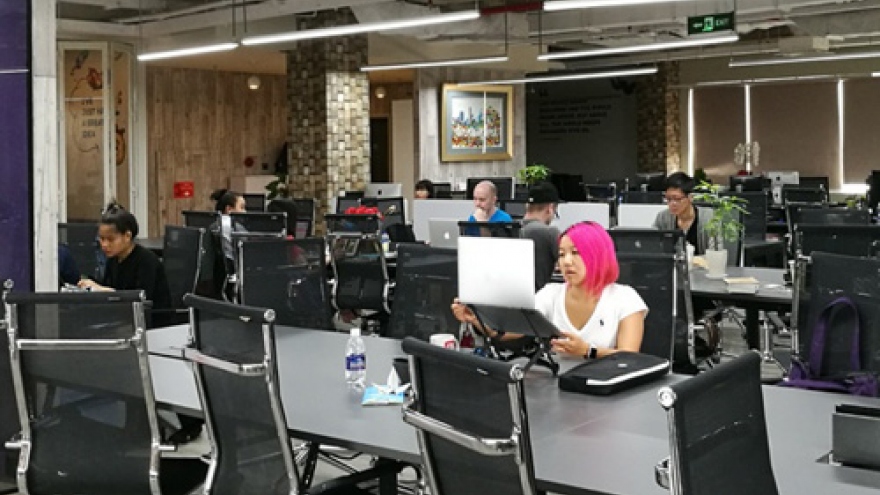Local startups get tips from overseas
Vietnam has strong potential to raise its startup profile and attract international attention.
With the future in mind, it is important for the country to learn from experience of established startup markets, like New Zealand’s. VIR’s Trang Nguyen and Nam Phuong report.
With 11 years of experience doing business in Vietnam, Vietnam-born director of sales and marketing at New Zealand-based Augen Software Vision Mitchell Pham can automatically point to an area of weakness in the Vietnamese investment ecosystem: not enough clarity and an unsteady structure in the local tech investment area.
 |
“In order to grow tech startups through domestic investment in Vietnam, I think that [tech investment] is an area where the government can make a difference, because it depends on a long list] of regulations to ensure the rules of investment are clear on tech, on the transparency of where the funding comes from,” said Pham in an interview with VIR in Hanoi last week during an Asia New Zealand Foundation’s visit to Vietnam.
“It’s very important for Vietnamese tech companies to access good and sound investment money, and at some point, they will have to go beyond the need for domestic money. As they go global, they also need to access international money”, he added.
This critical point in time will decide whether local startups can call for international investment, as global investors will look for transparency in local companies, before engaging in any local business, said Pham.
Kristen Lunman, one of the participants of the visit, chief operating officer of Wipster-a New Zealand web-based platform for review and approval of creative assets-added that investment in education is also crucial in the tech startup scene. A highly-educated population, supported by the government, can facilitate the growth od such a sector in Vietnam.
Even more so, funding for innovation or a reserve fund allocated to research and development can play an important role in fostering tech development within a nation.
She shared with VIR an example of government support in New Zealand, where a government-backed fund called NZVIF (New Zealand startup companies. This fund essentially doubles these startup’s seed investments. “That’s something the New Zealand government has done thus far”, she said.
Pushing the nation to its limit
According to Breccan Zealand, by rough estimate, has around 19,000 tech companies at the moment.
“So if you divide that by the per-capita of our population, that indicates [we are] a very high-tech country”, said Pham.
Despite being a small consumer market, of a geographical size similar to Vietnam but home to only 4.5 million people, New Zealand has been building up its profile in the international market as a financial technology-fintech-hub.
According to Lee Bagshaw, partner at New Zealand technology law firm Simmonds Stewart, New Zealand intends a vertical direction in fintech by actively marketing itself as a fintech hub. “What we are trying to do now is seeing where New Zealand can raise its profile globally to attract investment, and also follow what many nations are doing”, he said.
And Vietnam, with its resemblance to New Zealand in terms of geographical area and agricultural background, can encourage tech investment in its agriculture sector.
“It seems like there’s a handful of challenges that are very unique to Vietnam. The facts that farms [in Vietnam] are much smaller in scale, and the payment process is quite different [than in New Zealand] because [Vietnam is a cash economy]. If these challenges are handled properly, it would lead to high growth in [tech investment in the agricultural sector], said Matty Blomfield, co-founder and director of agritech startup Hectre, a software tool for apple growers to better manage their crops.
“Vietnam’s tech sector is largely unknown in New Zealand but it is growing quickly and attracting significant investment from Singapore and Silicon Valley”, said Adam McConnochie, ASEAN Young Business Leaders Initiative project manager.
With more exposure to the local tech sector, New Zealand investors can build networks with Vietnamese startup communities, gain understanding of the local market, and tap into new opportunities.



